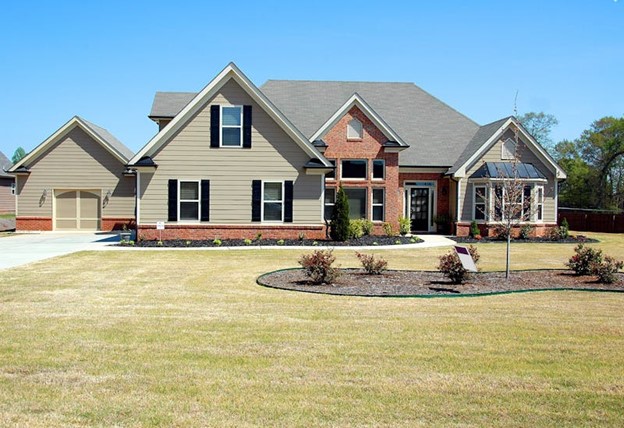
Overwhelming is an understatement, especially for people who are building a home. The decisions involved in building your ultimate home from the ground up can strain your budget and your relationships. This is why seeking help from professional home builders should be considered as early as the planning stages begin.
The idea of an ultimate home varies for each individual. But overall, a home must be a place of safety and comfort – somewhere with the highest level of relaxation is provided.
When starting a residential project, custom home builders strive to develop a high-standard ideal home that will meet their clients' needs and expectations. Below is a list of the qualities of an ideal ultimate home.
The living room is one of the most important parts of any home. People spend most of their time here, so it should be ergonomically designed so they can see the whole area. A standard house design usually has the dining area positioned in the living area. Thus, there should be enough space to accommodate the sofas and dining tables. With space comes a great opportunity to install high end home cinemas.
Another important part of a house is the kitchen. It should have plenty of space for storing kitchen materials and cooking burners. Home designers know how to design a simple yet functional kitchen with a large space, so hire professionals.
Rooms should be well-ventilated to radiate good energy. People become healthier and happier when their homes have plenty of natural daylight and enough circulation. Proper ventilation helps eliminate unwanted odors and keep the space smelling good.
A well-utilized space and ergonomics are important features when building the ultimate home. Combined with a well-designed interior, these two make rooms appear bigger.
Nowadays, the average height of a ceiling is about 10 to 12 feet. This ceiling height makes rooms appear more spacious and makes maintenance of artificial ceilings feel less crowded.
High-quality fittings include nice faucets, showers, bathroom fittings, and closures that impress the homeowners. Quality fixtures and fittings give the house a more luxurious and respectable appearance.
An ideal home design must be based on lifestyle, personal preference, and budget. That's why some homeowners go beyond the usual designs and features and opt for smart homes.
Home automation technology has risen rapidly, and homeowners have started incorporating smart-home devices and systems into their homes.
For some, building the ultimate home is building a smart, system-automated home. A smart home has one or more devices connected, allowing for digitally controlled and interconnected actions. Consumers usually use a voice assistant like Siri or Alexa to play music or control their lights.
Most smart home automation systems connect using Bluetooth or Wi-Fi. These devices can be accessed through an app on a smartphone or tablet that lets management and configuration of the devices. The apps have a wide selection of functions, which include:
These apps can perform many more functions, like creating scenes that manage multiple devices in one or more rooms using a button press, Singel command, or automatically on schedule. An example would be closing the blinds, turning the lights on, playing music, and playing Netflix on your TV all by sible command, button, or automatically. A smart home automation system is about more than managing all the devices in your home.
A smart home consists of one or more smart devices connected to the internet. These devices work independently or with others on the same accounts or network.
Typically, setups include a central router that distributes the internet throughout the house using a wired or wireless connection. Devices are then connected and configured using an app.
Once all the devices are connected to your home network, you can easily trigger actions using voice commands and button presses. A smart-controlled LED bulb and voice assistant are the most common combination of devices for a smart home automation system.
With the rise in home automation, there's been a surge in smart home product development. Manufacturers have started with voice assistants and lights and then moved on to simple devices like taps and kettles.
Siri, Alexa, and Google are the most significant trends. A voice assistant must use the device's microphone to pick up voice, which is converted to commands processed by the device using software.
Manufacturers also incorporate smart technology into their lighting products. Smart light bulbs, lamps, garden lights, etc., all have Wi-Fi or Bluetooth connectivity, allowing easier control.
Have you been to a hotel with automatic blinds? Manufacturers have taken this technology and included a controller that lets users open, close, and decide the exact position of blinds using their voice or phone.
Audio manufacturers have been developing high-end solutions designed for connected smart homes in recent years. Their technology features support for multi-room with standalone amplifiers or audio units.
Many homes today are fitted with smart meters, which allow customers to monitor their usage. With smart meters, many homeowners have installed smart thermostats to help control their heating and cooling solutions.
Building the ultimate home requires a careful balance of design, functionality, and cutting-edge smart home automation systems that enhance comfort and convenience. Integrating personalized features and future-proofing your space lets you create a home that reflects your lifestyle while staying ahead of modern living trends.